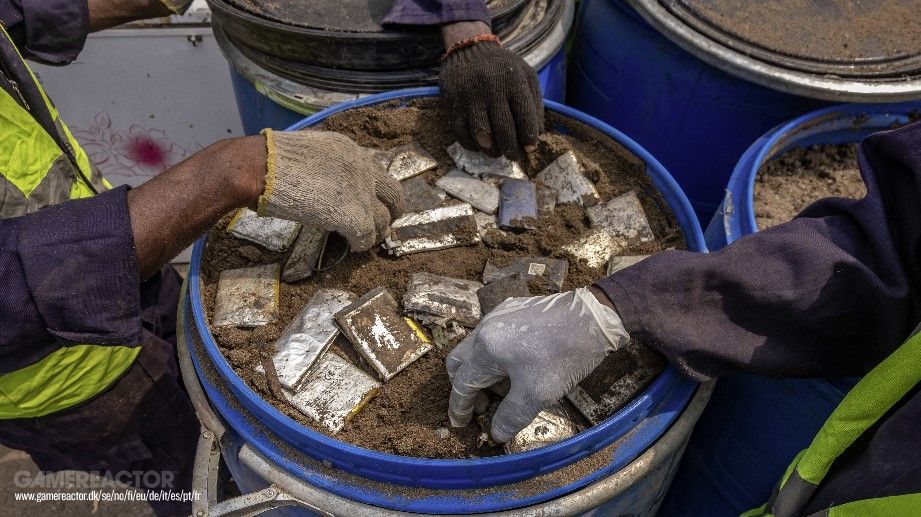MMD there Phillips, along with other partners, have joined forces and demonstrated how faulty monitors can be recycled in an environmentally friendly way in Nigeria. This initiative, promoted by the German Federal Ministry (BMZ), has been a complete success and an excellent example for the industry.
Composition of monitors
Although Philips says its monitors are free of mercury and lead, computer monitors are made up of small printed circuit boards and burnt chemicals, making them much more difficult to recycle. It also complicates the practice of circular economy, especially in countries like Africa, due to lack of resources and facilities. They assure that this fact was also a consequence of not making money with recycling or collection.
A new trading system
This initiative focuses on a new trading system, where additional purchase fees are applied to new electronic equipment. This finances the collection of old ones to be recycled. With this, it is realized that the recycled materials are given a new life by making other products.
This business model has been in place for a year and a half, to demonstrate the effectiveness of the waste compensation program. The partners collected over 5,500 monitors that were no longer usable for the project.
Although at first it was difficult as there was no retraining experience in Nigeria. This caused the monitors to pile up in mountains of trash. For this reason, the first thing that was done was to train the recycling partners. The training focused on how to safely disassemble a monitor and its respective component separation. At the end of this training, the partners were capable of all this. They reduced the cost and were also able to extract the raw materials to practice the circular economy.
Advertisement:
“We are delighted to have been able to develop a business case with this pilot project which demonstrates that the successful concept of waste offsetting not only works for mobile phones, but can also make recycling difficult and financially lucrative, while contributing to the development of local recycling capabilities,” says Stefan van Sabben, Global Head of CSR and Sustainability at MMD, Philips Monitors.
If you want to know more about the project, you can visit the official page.
Advertisement:

